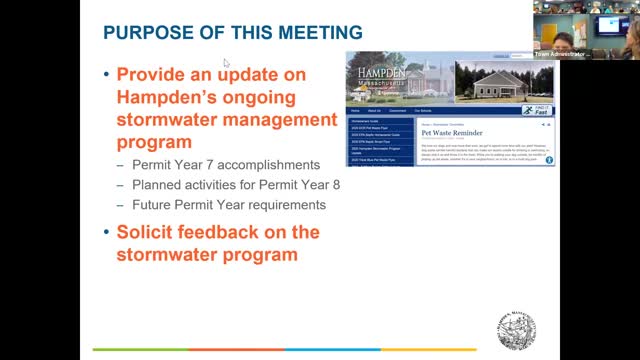Article not found
This article is no longer available. But don't worry—we've gathered other articles that discuss the same topic.

Town prepares Thornton Burgess building handover; $15,000 account, masonry work and services flagged

Select Board leans toward alternate paving list as Chapter 90 increase boosts road funds

Select Board endorses Mass Audubon memorandum restricting herbicide use near wellhead

